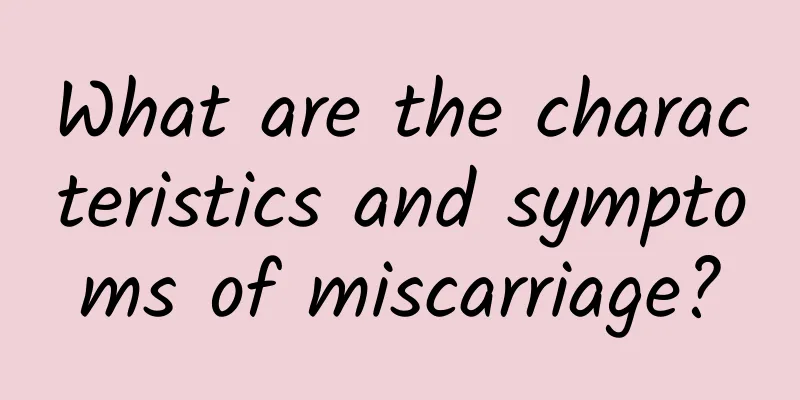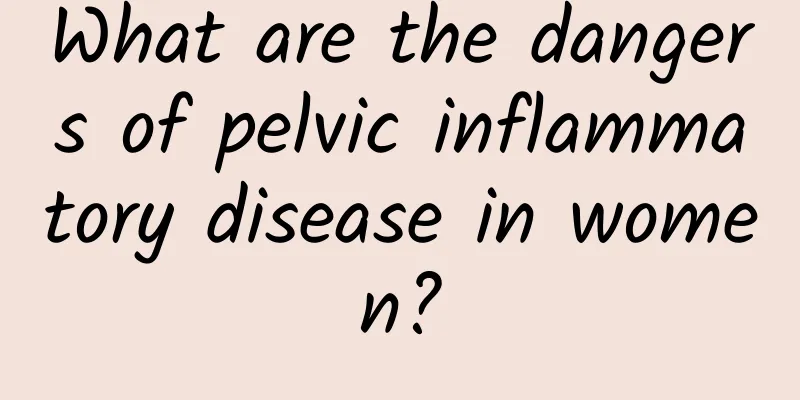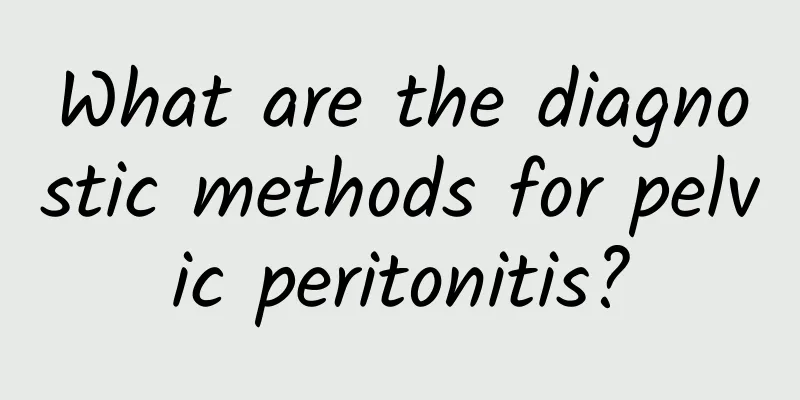How to cure menopause?

|
Every woman will experience menopause, so you should know about it in advance. Menopause refers to the decline of ovarian function and the cessation of menstruation. The treatment of menopause is also a concern for many women. There are three treatment methods for menopause. In principle, the goal should be to maintain the health of the body. For example, long-term medication is required to prevent postmenopausal degenerative diseases. Physiological supplements: The purpose is to make the organs of postmenopausal women function physiologically as much as possible to maintain their health, not to restore their endocrine status to the level of the ovarian cycle during the reproductive period, which is physiological supplementation. Physiological supplementation mostly advocates the use of natural estrogen, that is, the chemical structure of estrone, estradiol and estriol. During the menopausal transition, hormone replacement therapy (HRT) should focus on progesterone supplementation: During the menopausal transition period, the growth and development disorders of follicles gradually increase, and finally the functional follicles disappear from the ovaries. The corresponding changes in estrogen and progesterone during this period are: first, there is a relative lack of progesterone, then lack; estrogen deficiency changes periodically, although there may be a transient relative excess, the total amount gradually decreases, and finally to lack, forming a relatively excessive or single unopposed estrogen stimulation for a long time. Some women may have different degrees of proliferative changes in the endometrium, and even malignant changes. Therefore, this period should be based on periodic supplementation of progesterone to adjust the menstrual cycle and prevent endometrial proliferative lesions. As estrogen gradually becomes deficient, estrogen can be supplemented at the same time. Postmenopausal HRT should focus on estrogen supplementation: The activity of ovarian follicles basically stops in the early postmenopause period. The blood estradiol concentration drops from about 150-1500pmol/L in the reproductive period to below 80pmol/L within 1-2 years, which is lower than the basic level for maintaining the physiological functions of the body's organs. Endometrial atrophy is completed within 2-3 years after menopause, and the rate of bone loss is fastest within 1-3 years after menopause. Corresponding degenerative changes occur in various organs throughout the body. Therefore, to prevent postmenopausal degenerative lesions, timely and long-term estrogen supplementation should be used. To counteract the side effects of estrogen on endometrial hyperplasia, those with a uterus need to add progesterone. |
<<: Why is menopause difficult to cure?
>>: Will menopause heal on its own?
Recommend
Why do weightlifters need testosterone? To grow muscles, you still need weight training
The Rio Olympics was a mixed bag for some athlete...
Spring fresh vegetable detox 2 low-calorie light meals to help lose weight
Spring is coming. If you want to dance like a flo...
Cervical hypertrophy often occurs in married women
Cervical hypertrophy often occurs in married wome...
Is ketogenic diet effective? A comprehensive analysis of the pros and cons of the ketogenic diet!
A year ago, I gave a corporate speech on the topi...
Experts analyze the causes of irregular menstruation
Irregular menstruation is one of the common disea...
What are the dangers of pelvic effusion and how to diagnose it
As a woman, you should have some basic knowledge ...
Will not paying attention to hygiene lead to adnexitis?
Adnexitis is a common disease in gynecology. Most...
Eat 6 meals a day to lose weight! The secret steps to losing weight you don’t know about
Dieting is definitely not the secret to losing we...
How to control bacterial vaginosis infection
Many patients with bacterial vaginitis have repor...
Good methods must be used to care for patients with ectopic pregnancy
In recent years, many women have always suffered ...
Can hyperprolactinemia be treated without surgery?
Hyperprolactinemia is a syndrome characterized by...
What are the treatments for vaginitis?
What are the treatments for vaginitis? Vaginitis ...
A brief discussion on how to prevent vaginitis among white-collar women
Vaginitis is a common gynecological inflammation,...
Several major hazards of painless abortion for women
Among abortions, I believe that painless abortion...
Women with fallopian tube disease are more likely to have ectopic pregnancy
Women with various lesions in the fallopian tubes...









